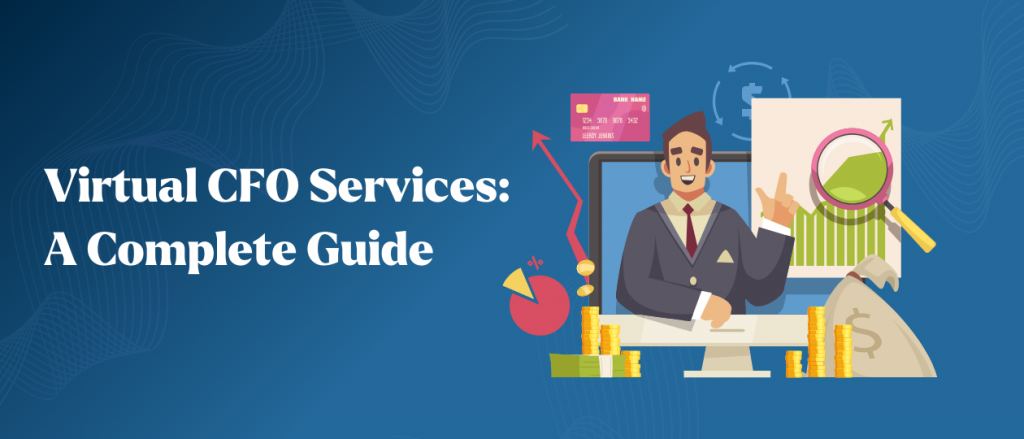
Virtual CFO Services: A complete guide to financial expertise
Managing your finances while trying to grow a business is tough—especially if you’re a startup or a small business with limited resources. That’s where Virtual CFO Services come in.
According to a Deloitte study, over 60% of growing businesses now rely on outsourced financial management to streamline operations and make smarter decisions.
In this guide, we’ll break down everything you need to know: what a virtual CFO is, why they matter, how to hire one, and how they can transform your financial strategy.
What is a Virtual CFO Service?
A Virtual CFO (Chief Financial Officer) is a remote finance expert who offers part-time or on-demand financial leadership. Unlike a full-time CFO who works in-house (and costs over $200,000/year), a virtual CFO supports your company remotely and at a fraction of the cost.
They help with:
KPI tracking and profitability analysis
Financial planning & forecasting
Budgeting & expense management
Fundraising & investor reporting
Strategic financial decision-making
Why is a Virtual CFO Important?
- Startups and small businesses often can’t afford a full-time CFO, but they still need expert guidance to grow. A virtual CFO fills that gap.
Key Benefits of Virtual CFO Services
| Benefit | What It Means |
|---|---|
| Cost-Effective Financial Leadership | Pay only for what you need—hourly, monthly, or project-based |
| Expert Strategy & Planning | Get help with long-term financial goals and profitability |
| Cash Flow Management | Avoid surprises with proactive planning |
| Better Budgeting & Forecasting | Use data to guide your next business moves |
| Scalable as You Grow | Add more financial support as your business expands |
| Access to Top Financial Tools | Use cloud-based accounting and real-time dashboards |
How to Implement Virtual CFO Services in Your Business
1. Identify Your Financial Needs
Do you need help with financial reports? Cash flow? Tax planning? Clarifying your needs will help you find the right fit.
2. Choose the Right Virtual CFO Partner
Look for:
- Industry-specific experience
- Positive client reviews or case studies
- Transparent pricing (hourly, retainer, or per-project)
3. Set Clear Financial Goals
Define your KPIs and track them regularly. Whether it’s boosting profitability or managing burn rate, your CFO should align with your business goals.
4. Integrate Tools & Technology
Use platforms like:
- QuickBooks for bookkeeping
- Xero for automation
- NetSuite for scalability
These tools allow your virtual CFO to analyze your financials in real-time.
5. Maintain Ongoing Communication
Schedule regular check-ins. Review reports, adjust strategies, and make data-backed decisions together.
Common Mistakes Businesses Make When Hiring a Virtual CFO (And How to Avoid Them)
| Mistake | Solution |
|---|---|
| Not Setting Clear Goals | Define KPIs before hiring |
| Choosing Based on Cost Alone | Focus on experience, not just pricing |
| Ignoring Tech Integration | Choose a CFO who knows cloud tools |
| Poor Communication | Schedule regular reviews & updates |
Real-World Impact: How Virtual CFOs Help Businesses Grow
Businesses that hire virtual CFOs typically see:
- 25-50% improvement in cash flow efficiency
- 2x better forecasting accuracy
- More successful fundraising efforts due to professional financial reporting
From guiding startups through investor rounds to helping SMEs scale without financial stress, virtual CFOs can transform your business.
Conclusion
Virtual CFO Services offer businesses expert financial guidance at a fraction of the cost of a full-time CFO. From cash flow management to financial forecasting, outsourcing a CFO ensures that your business remains financially stable and growth-oriented.
Looking to take your financial management to the next level? Contact a Virtual CFO today and transform the way you handle your business finances!